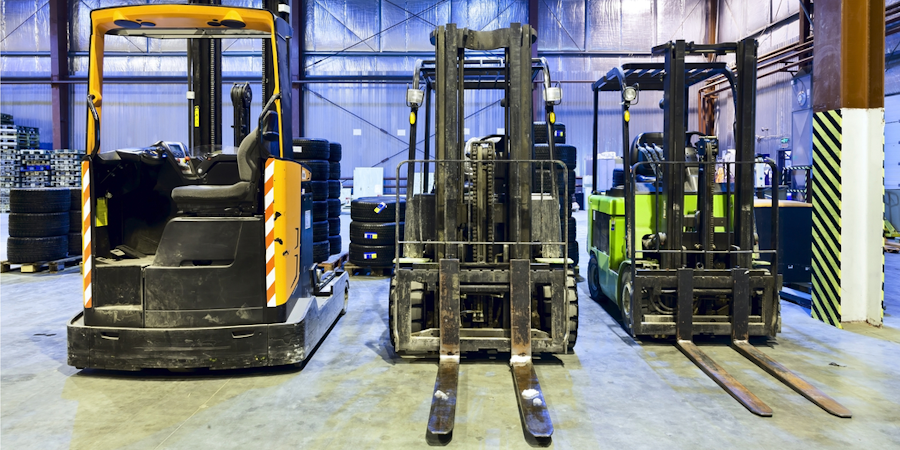News
Tips For Optimal Forklift Fleet Management

When it comes to your forklift fleet, productivity is essential. Getting the best return on investment for your machinery requires expert logistics, regular maintenance and effective operator training. Here are a few tips for optimal forklift fleet management.
Communication
Communication between management and your forklift operators is vital. As staff members that handle your forklift fleet regularly, their opinions and observations are critical to keeping your fleet running efficiently. Make sure that everyone is on the same page when it comes to operation and maintenance schedules and ensure that everyone knows what is expected of them.Make sure your technicians keep detailed records of what repairs, how often they occur, and which parts are covered under warranty. This will allow you to assess the affordability of your current setup and what alternatives might benefit your bottom line.
Keep Good Inventory
Your forklift fleet is not just the machines themselves. It includes spare parts, attachments and accessories, spare batteries etc. Before splashing out on a new battery or fork, make sure you haven't got a spare lying around somewhere.
Keep up to Date with Compliance
Not being compliant with safety regulations and legislation can be costly to both your business and your employees. Effective management of a forklift fleet includes keeping up to date with the latest changes and implementing new procedures quickly in the event of anything changing.
Improve Your Warehouse Layout
Your fleet should be in a constant cycle of updates and replacement. Sometimes you get a new addition to your fleet, such as a VNA truck who's productivity can only be maximised by rearranging your warehouse. Rearranging the warehouse is an underutilised option for effective fleet management. You can also move your shelves closer to your fleet to reduce transit time and boost overall productivity.
Perform Daily Inspections
This will allows you to stay on top of your fleet's performance. It also has the added benefit of providing your operators with safe, working forklifts. If something fails the inspection, you can simply shut it down and call your technicians rather than having to potentially push it out of a warehouse stack.
Train Your Operators
Highly trained operators make fewer mistakes and are more likely to increase workplace productivity. A higher level of forklift expertise and smoother operating also results in better fuel efficiency and causes less damage to equipment and your goods. Skilled use of your fleet will keep your forklifts in better condition.
Invest in Fleet Management Software
Increase your own productivity by investing in some management software. Many warehouse managers lose days of productivity to inefficient spread sheets and information being stored all over the place. Fleet management software puts everything in one place and does all the heavy lifting for you.
Regular Maintenance
Categorise your fleet by age. This will allow you to manage and forecast your expenses more effectively. Forklifts will need to be retired and replaced eventually. By keeping track of your fleet you can avoid costly repairs on equipment that should be removed from the fleet. All too often companies make the mistake of utilising forklifts for longer than they should. They continue to repair their forklifts rather than replace them.
At PHL, we stock a huge range of second hand forklifts to suit any job. When assets in your fleet need to be put out to pasture, refresh your stock with a second hand forklift from PHL.
Subscribe
Keep up to date with PHL and all things forklift machinery.